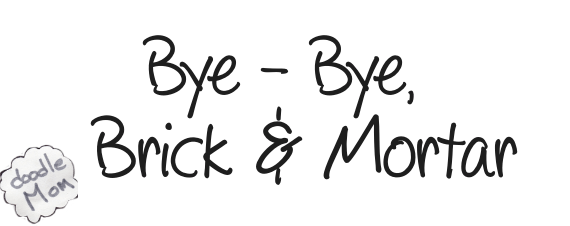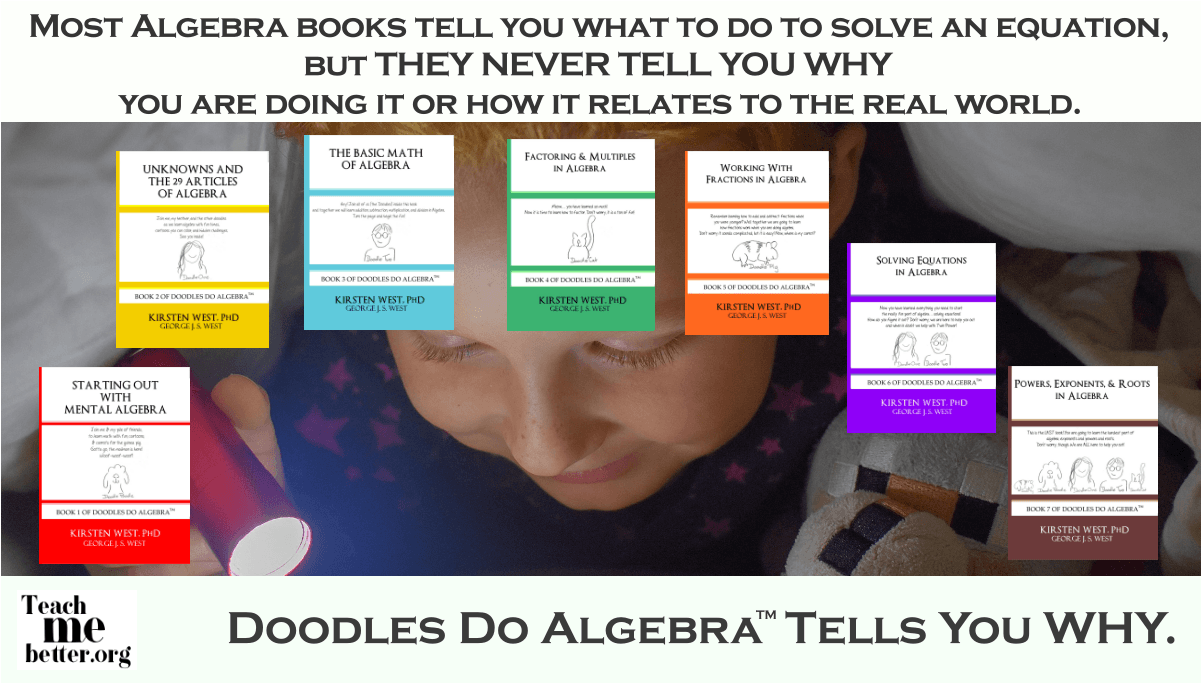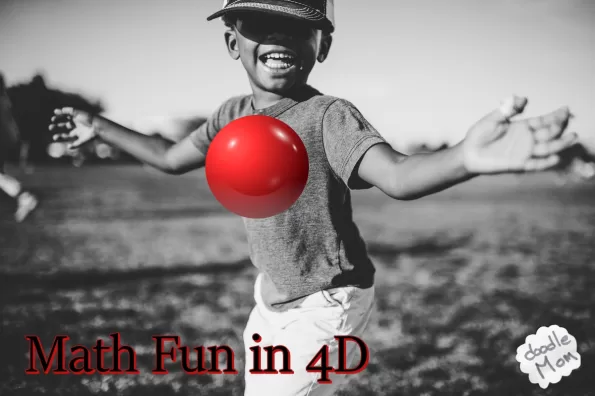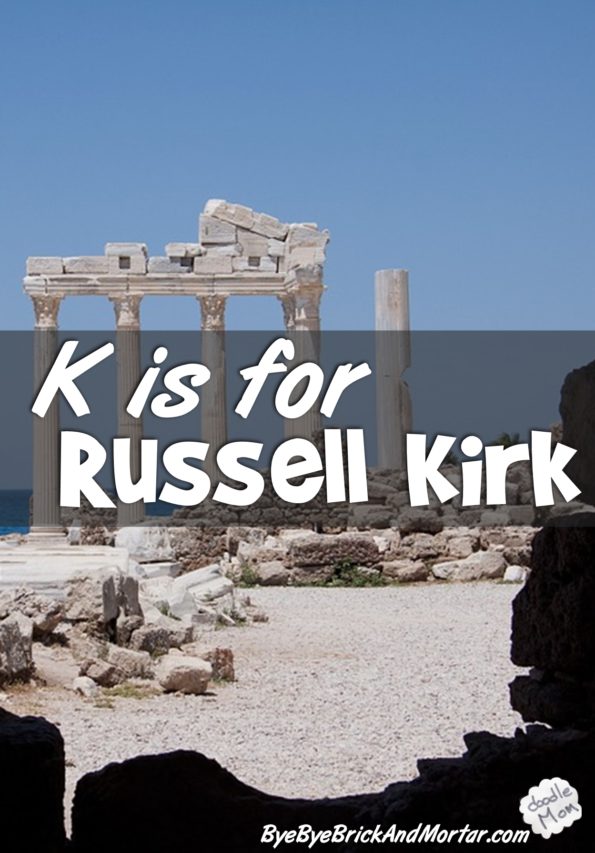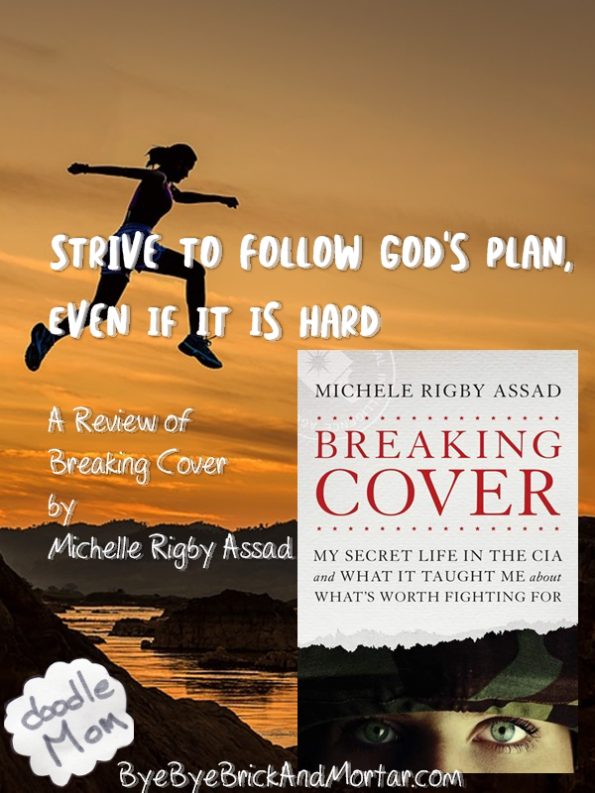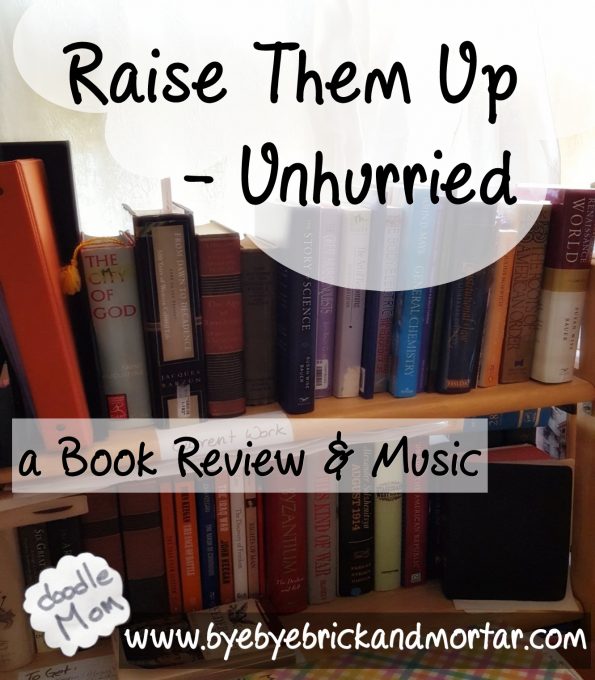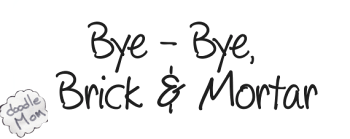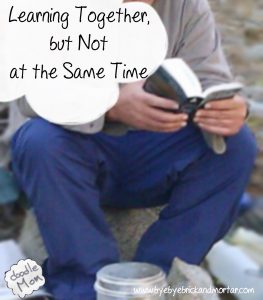 How can we educate our children to the depths that our love for them obligates? We want more for our children. That is the natural state of love. We want more opportunity, more safety, more love, more freedom, and more education. But how can we realize our aims for our children when we don’t have experience in a particular discipline (in my case literature and history)?
How can we educate our children to the depths that our love for them obligates? We want more for our children. That is the natural state of love. We want more opportunity, more safety, more love, more freedom, and more education. But how can we realize our aims for our children when we don’t have experience in a particular discipline (in my case literature and history)?
In pursuit of my educational goals, I read a short book earlier this week about homeschooling and classical education (Classical Education and The Homeschool by Wesley Callihan, Douglas Jones, and Douglas Wilson).
 The lead author, Wesley Callihan, is one of my classical schooling lightposts. When I read his writing I feel as if I can catch a glimpse of his soul. He is one of the handful of people whose writings I read in hopes that I may glean bits of guidance and direction.
The lead author, Wesley Callihan, is one of my classical schooling lightposts. When I read his writing I feel as if I can catch a glimpse of his soul. He is one of the handful of people whose writings I read in hopes that I may glean bits of guidance and direction.
As I read his work, I try to enter Wes’ head and practice thinking like he would in order to divine the results of my children’s classical education. And the results of those odd thought exercises are promising.
However the path will not be an easy one. It requires habitual, dilligent, and massive reading. As Wes Callihan says in his book, “Glibness, or an ability to “wing it” is no substitute for reading and study.”
That means that I must learn, not alongside my children, but in the leading edge of that immense tidal wave that is the education of my children. I must read all the classics I never read, re-read those few I have read, and try to understand the why, how, and what of Western Civilization. Luckily I have a few years to get through the task before my children will be ready, but the path ahead is a daunting one nonetheless.
Yet again, there is a great quote from the Wes Callahan book:
“A person can successfully sell someone else on a vacuum cleaner without reading, but he cannot sell someone else on books without reading.”
And that translates to learning together, but not simultaneously.
